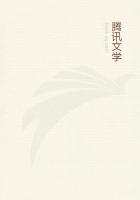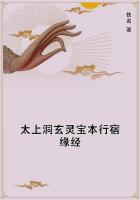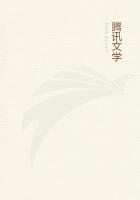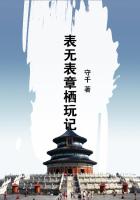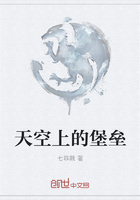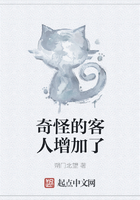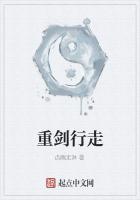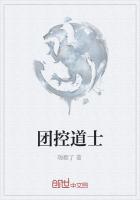It is particularly in hypnotic subjects that manifestations of automatism are most marked. At the suggestion of battle an imaginary struggle at once begins, or if some person present is suggested as an enemy the fight is continued, the hypnotic taking care not to strike the person in question. Moll conceded that this looked like simulation, but repetition of such experiments forced him to conclude that these were real, typical hypnoses, in which, in spite of the sense-delusions, there was a dim, dreamy consciousness existing, which influenced the actions of the subject, and which prevented him from striking at a human being, although hitting at an imaginary object. Many may regard this behavior of hypnotics as pure automatism; and Moll adds that, as when walking in the street while reading we automatically avoid knocking passers-by, so the hypnotic avoids hitting another person, although he is dimly or not at all aware of his existence.
Gibbs reports a curious case of lack of integrity of the will in a man of fifty-five. When he had once started on a certain labor he seemed to have no power to stop the muscular exercise that the task called forth. If he went to the barn to throw down a forkful of hay, he would never stop until the hay was exhausted or someone came to his rescue. If sent to the wood-pile for a handful of wood, he would continue to bring in wood until the pile was exhausted or the room was full. On all occasions his automatic movements could only be stopped by force.
At a meeting in Breslau Meschede rendered an account of a man who suffered from ****** misdirection of movement without any mental derangement. If from his own desire, or by direction of others, he wanted to attempt any muscular movement, his muscles performed the exact opposite to his inclinations. If he desired to look to the right, his eyes involuntarily moved to the left. In this case the movement was not involuntary, as the muscles were quiet except when called to action by the will, and then they moved to the opposite.
Presentiment, or divination of approaching death, appearing to be a hypothetic allegation, has been established as a strong factor in the production of a fatal issue in many cases in which there was every hope for a recovery. In fact several physicians have mentioned with dread the peculiar obstinacy of such presentiment.
Hippocrates, Romanus, Moller, Richter, Jordani, and other older writers speak of it. Montgomery reports a remarkable case of a woman suffering from carcinoma of the uterus. He saw her on October 6, 1847, when she told him she had a strong presentiment of death on October 28th. She stated that she had been born on that day, her first husband had died on October 28th, and she had married her second husband on that day. On October 27th her pulse began to fail, she fell into a state of extreme prostration, and at noon on the 28th she died. In substantiation of the possibility of the influence of presentiment Montgomery cites another case in which he was called at an early hour to visit a lady, the mother of several children. He found her apparently much agitated and distressed, and in great nervous excitement over a dream she had had, in which she saw a handsome monument erected by some children to their mother. She had awakened and became dreadfully apprehensive, she could not tell as to what.
The uneasiness and depression continued, her pulse continued to grow weak, and she died at twelve that night without a struggle.
Andrews has made several observations on this subject, and concludes that presentiment of death is a dangerous symptom, and one which should never be overlooked. One of his cases was in a man with a fractured leg in the Mercy Hospital at Pittsburg. The patient was in good health, but one day he became possessed of a cool, quiet, and perfectly clear impression that he was about to die. Struck with his conviction, Andrews examined his pulse and general condition minutely, and assured the patient there was not the slightest ground for apprehension. But he persisted, and was attacked by pneumonia three days later which brought him to the verge of the grave, although he ultimately recovered. In another instance a young man of ruddy complexion and apparent good health, after an operation for varicocele, had a very clear impression that he would die. Careful examination showed no reason for apprehension. After five or six days of encouragement and assurance, he appeared to be convinced that his reasoning was foolish, and he gave up the idea of death. About the ninth day the wound presented a healthy, rosy appearance, and as the patient was cheerful he was allowed to leave his bed. After a few hours the nurse heard the noise of labored breathing, and on investigation found the patient apparently in a dying condition.
He was given stimulants and regained consciousness, but again relapsed, and died in a few moments. At the necropsy the heart was found healthy, but there were two or three spots of extravasated blood in the brain, and evidences of cerebral congestion. Vos remarks that he remembers a case he had when dressing for Mr. Holden at St. Bartholomew's Hospital: "A man who had been intemperate was rolling a sod of grass, and got some grit into his left palm. It inflamed; he put on hot cow-dung poultices by the advice of some country friends. He was admitted with a dreadfully swollen hand. It was opened, but the phlegmonous process spread up to the shoulder, and it was opened in many places, and at last, under chloroform, the limb was amputated below the joint. The stump sloughed, and pus pointing at the back of the neck, an opening was again made. He became in such a weak state that chloroform could not be administered, and one morning he had such a dread of more incisions that, saying to us all standing round his bed, 'I can bear it no more, I must now die,' he actually did die in a few minutes in our presence. His was the last arm that Mr. Holden ever amputated at St.
Bartholomew's."

